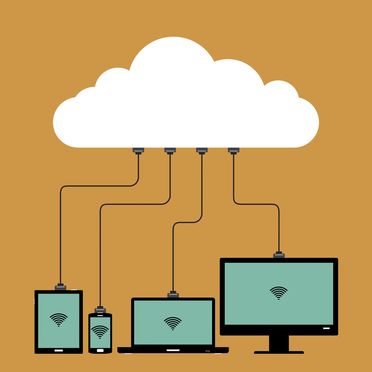The trend of “bring your own device,” to the workplace has been a growing topic of interest for legal and IT professionals. BYOD both impacts a company’s current and future IT decisions and is changing the landscape for forensic investigations and e-discovery. It brings new complexity, processes and nuance to what many people think is a relatively straightforward, technical exercise. In a survey of inside counsel at Fortune 1,000 companies, FTI Consulting found that the number one e-discovery challenge listed for the coming years is BYOD.
We have worked on a number of cases involving personal devices in the workplace that were later needed for collection of electronic data. In one matter involving alleged IP theft, the people in question regularly used personal thumb drives to facilitate working from home on personal computers. When these custodians left to join a different company, their home computers came into scope for analysis. Other matters have required data collection from a personal computer to take place in a custodian’s home. These sensitive—and sometimes awkward—situations raise many important considerations for companies to address BYOD through policies before opening systems up to personal devices.



